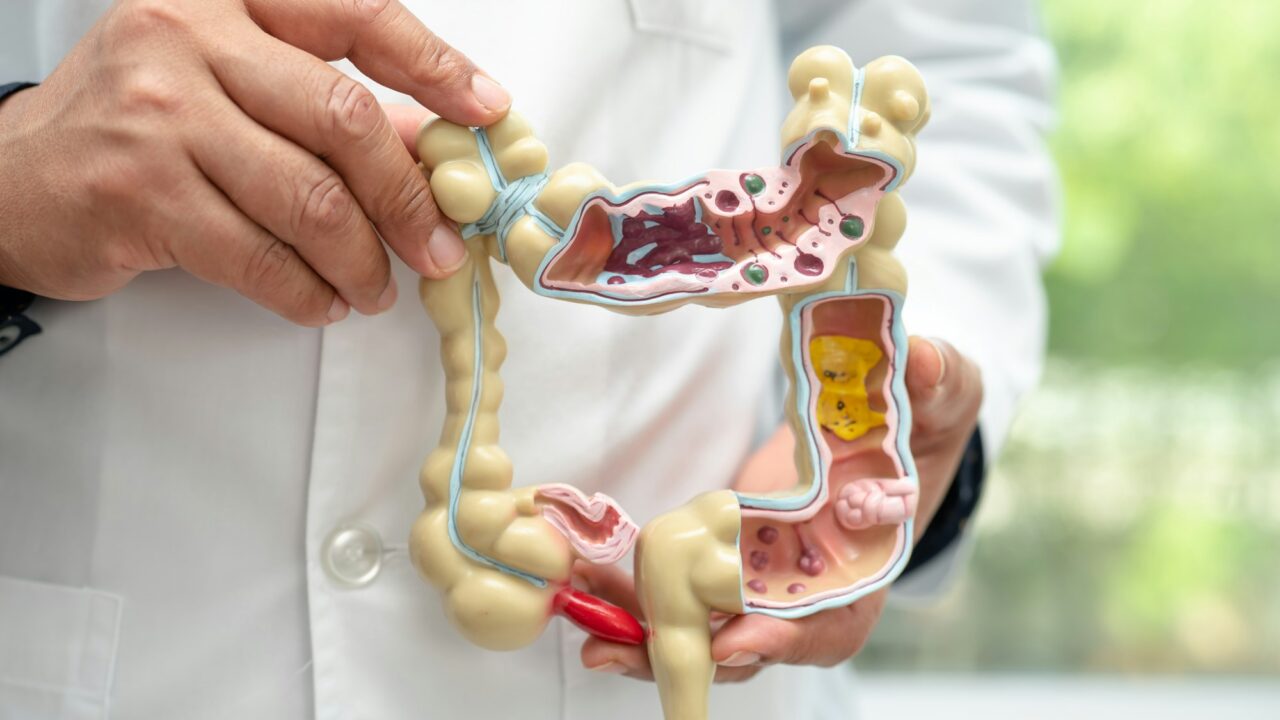Memorial Hermann Health System, Aldine ISD Launch Innovative Health Care-Focused High School to Address Local Health Care Workforce Shortages with Support from Bloomberg Philanthropies
Memorial Hermann Health System and Aldine ISD recently announced an unprecedented partnership to design a career-technical education (CTE) high school that will help prepare students for well-paying careers in health care and address local education and health care talent needs. The Health Education and Learning High School, or HEAL High School, will share a campus with Nimitz High School and will fully integrate health care career knowledge and job-training with a high-quality, well-rounded high school experience...










